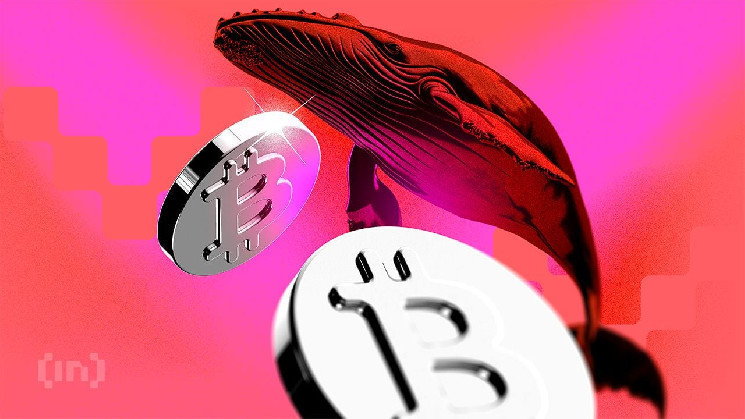
According to a concerning new report, Bitcoin ETF issuers are acquiring BTC more than 20 times faster than miners can produce new blocks.
Collectively, they purchased more than 9,000 on Friday and Monday, with rates only increasing. This higher consumption rate persists despite Bitcoin’s recent downturn, suggesting it will continue.
Bitcoin and the ETF Issuers
Analysts noted that Bitcoin ETF issuers purchased more than nine thousand BTC on Friday, January 3. This is a vastly higher rate than usual. On Monday, however, they increased this rate, buying over 9,600 BTC.
“US Spot Bitcoin ETFs absorbed another (absolutely huge) 9,624 BTC yesterday. Remember, only approximately 450 are mined daily. This is the second working day with purchases above 9,000. ‘Get some / get yours’ while you still can,” claimed Shaun Edmondson.
Since the Bitcoin ETFs were first approved, all 12 issuers have become some of the industry’s biggest whales. In October, they purchased five times as much BTC as the world’s mining output, and this figure has only increased to over 20x.
Collectively, they owned 5% of the total supply in November and surpassed Satoshi’s holdings soon after.
Although IBIT’s Bitcoin ETF was recently called “the greatest launch in stock exchange history,” the market has still seen early troubles in 2025. Last week, IBIT saw a $330 million outflow, breaking its own record.
The other issuers faced similar doldrums. Nonetheless, this bearish signal has done nothing to stop the acquisitions.
For months, community members have feared that BlackRock and the other ETF issuers would impact Bitcoin’s inherent decentralization. This accelerated purchasing trend is lending credence to these fears.
The ETFs surpassed Satoshi’s holdings one month ago, yet analyst Eric Balchunas noted that they’re already 4% of the way to lapping the infamous creator’s BTC holdings.
Ultimately, this buying pressure could have a truly irrevocable impact on the crypto market. Barely over two months ago, the ETF issuers were mining five times the total output of Bitcoin miners.
Now, it’s over 20 times their output, and bearish market signals have only led to even bigger buys. No countermeasure currently exists to counter this growing trend.
